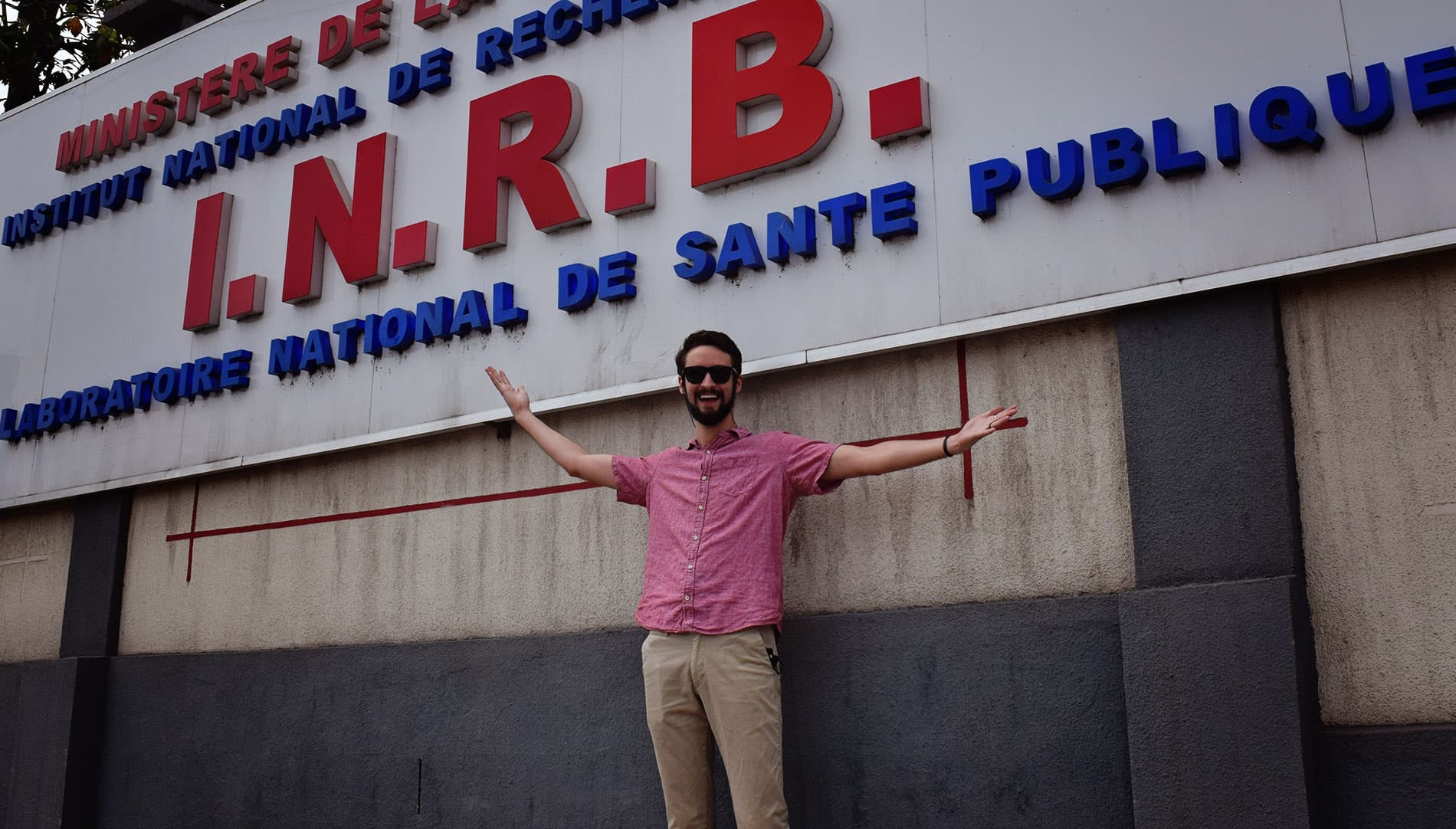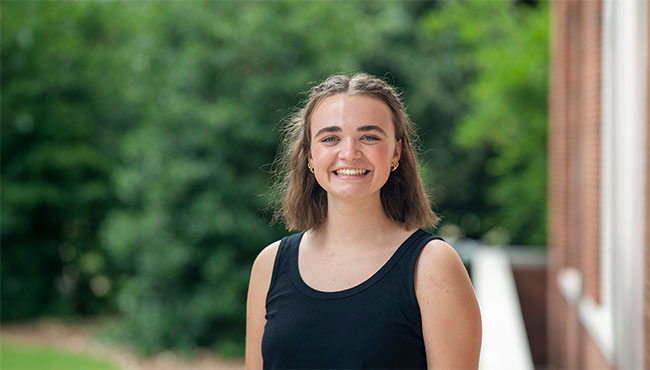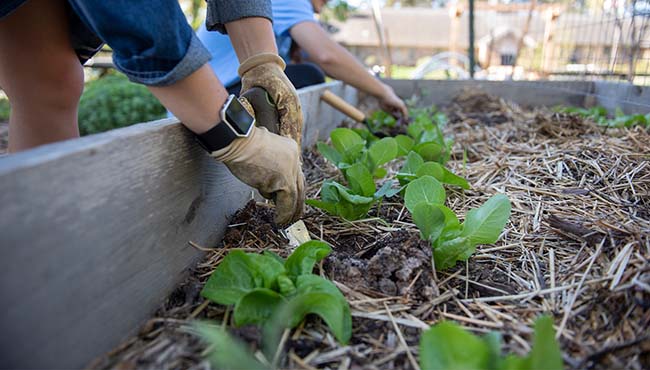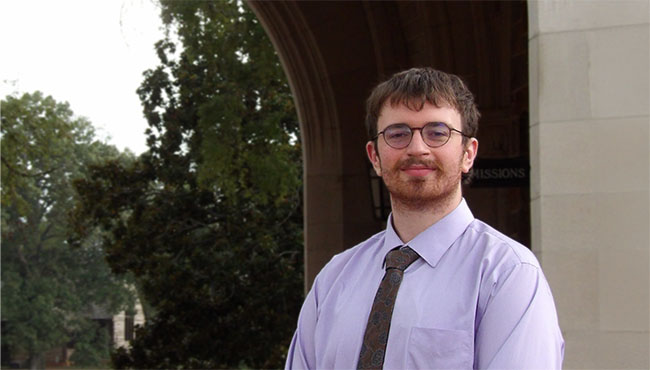Daniel Hanberry ’21, a biology major enrolled in the Master of Science in Global Health at Duke University, completed two summer research projects at the Institut National de la Recherche Biomédicale in Kinshasa, Democratic Republic of the Congo (DRC). The first involved a study on creating a field-viable diagnostic test for Ebola that can be utilized by resource-strained countries. The second entailed using social listening to filter and categorize weekly social media activity from Twitter and Facebook to ascertain public opinion of COVID-19 in the DRC.
Formative undergraduate experiences positioned Hanberry to thrive in his current program, which emphasizes the identification and assessment of global health challenges as well as culturally and ethically informed research methods and technologies that can aid interventions. While at Berry, he conducted research on tick-borne diseases with Associate Professor of Biology Christopher Hall and Assistant Professor of Biology DeLacy Rhodes. He also gained experience as a student director leading COVID-19 contact tracing on campus.
Hanberry reflected on the value of his undergraduate training as he heads into his second year at Duke, where he will focus his master’s thesis on how the transmission of human respiratory diseases are affecting the endangered bonobo population in the DRC.
Q. What solidified your choice to attend Berry?
A. I was impressed with the strong science program. Berry continuously sends STEM graduates to great schools post-graduation. Many students go on to complete medical school, master’s and doctoral programs, and vet school at top-tier institutions. I wanted to attend a college that would endow me with the skills and confidence necessary to pursue my dreams. Also, the 27,000 acres didn’t hurt.
Q. How did your experience as student director of contact tracing influence your social listening/COVID-19 project?
A. My opportunity to lead Berry’s contact tracing office was pivotal in my professional development, as well as my understanding of the virus that has plagued our world for nearly three years. My work at Berry opened my eyes to the inner workings of an administrative response to COVID-19 and made me privy to all the seemingly minute details that contribute to both individual and societal understanding of the pandemic. … Both my work with contact tracing at Berry and my project here in the Congo have highlighted what I think to be the most important aspect of the world’s collective response to COVID-19 – building trust.
Q. Has your anthropology minor influenced your research?
A. It helped me to realize I enjoy learning and working collaboratively with people from a wide array of backgrounds. The program at Berry taught me key tenets such as cultural awareness and cultural sensitivity. Duke’s global health program has helped me to further solidify these lessons from Berry.
Story by sophomore Amani Pyron



